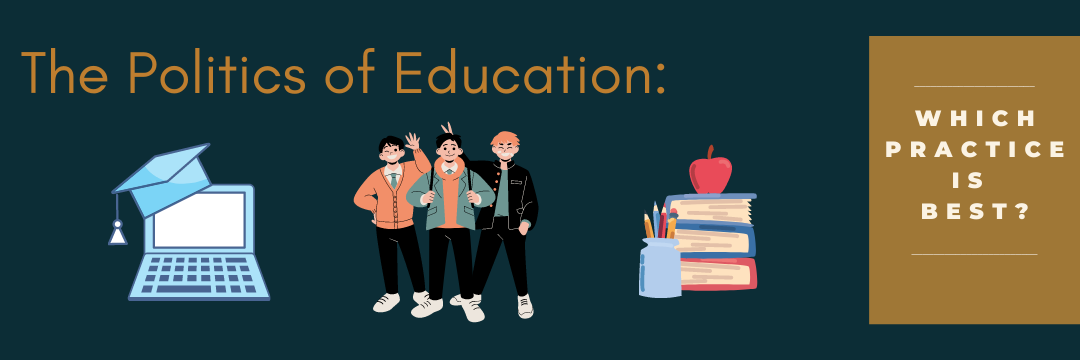Education and politics are intricately intertwined, with educational policies often reflecting the political ideologies of governing bodies and impacting the future trajectory of societies. Here are several ways in which education intersects with the world of politics:
- Funding Allocation: One of the most significant intersections of education and politics is in the allocation of funding. Governments decide how much money to allocate to education, which directly influences the quality of education provided. This decision-making process is inherently political, as it involves prioritizing education over other budgetary needs and determining how resources are distributed among various educational programs and institutions.
- Curriculum and Standards: Political ideologies often shape the content of educational curricula and the standards by which student achievement is measured. Debates over curriculum content, such as the inclusion or exclusion of certain historical events or perspectives, frequently reflect broader ideological disagreements within society.
- Educational Equity: Issues of educational equity and access are highly politicized. Political actors often advocate for policies aimed at reducing disparities in educational opportunities based on factors such as socioeconomic status, race, ethnicity, and geography. This can involve debates over school funding formulas, desegregation efforts, affirmative action policies, and access to resources like advanced placement courses or technology.
- Teacher Policies: Political decisions influence teacher recruitment, training, evaluation, and compensation. Policies related to teacher certification, tenure, and performance evaluations are often subject to political debate, with different stakeholders advocating for various approaches based on their ideological beliefs and priorities.
- School Governance: The structure and governance of educational institutions, including decisions about school district boundaries, the role of local versus state or federal authorities, and the presence of charter schools or voucher programs, are deeply political. These decisions reflect competing visions of the role of government in education and the balance between local control and centralized authority.
- Higher Education Policies: Political decisions also shape higher education through policies related to student financial aid, tuition rates, research funding, and academic freedom. Debates over issues such as student loan forgiveness, affirmative action in college admissions, and free college tuition often reflect broader political divides over the role of government in promoting social mobility and access to opportunity.
- Global Education Policy: Education is increasingly influenced by global trends and international agreements. Political decisions regarding participation in international assessments, adoption of global education standards, and engagement with international educational institutions reflect a country’s position within the global community and its approach to issues such as globalization, cultural exchange, and human rights.
In summary, education and politics are deeply interconnected, with political decisions shaping the goals, priorities, and structure of educational systems, and educational outcomes often playing a significant role in shaping political discourse and social progress.



